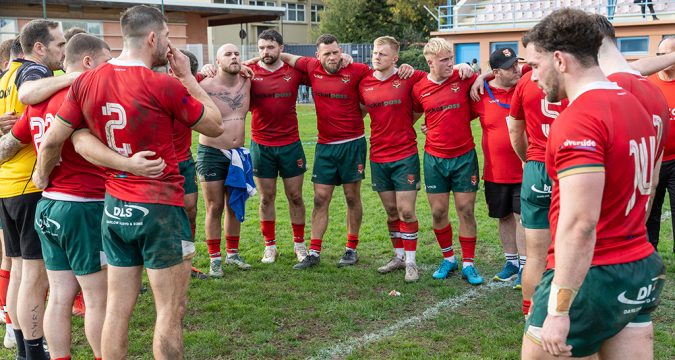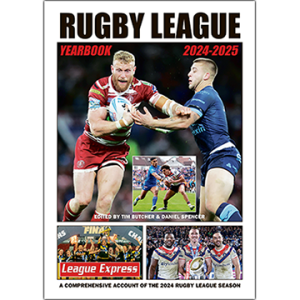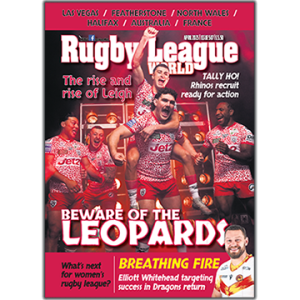
WALES have welcomed their selection as a ‘priority nation’ by the international game’s governing body.
Along with France, Papua New Guinea and a yet-to-be confirmed African country, Wales will receive what the International Rugby League term “significant funding”.
It is to be used to to support a “bespoke national strategy” to be developed in partnership with Wales Rugby League.
Other nations could gain a priority tag in the future, but for the moment, IRL resources will be focused on four fronts.
The organisation noted that Wales, France and PNG are “historically-important Rugby League nations, each with several thousand local participants, pathways into the elite game, strong Rugby League cultures and have strategic advantages in their own right”.
The Wales national team have existed since 1908, when they beat the New Zealand tourists 9-8 at Aberdare, making five World Cups and reaching the semi-finals in 1995 and 2000.
They featured in the first Rugby League international at Wembley – losing 26-10 to Australia in 1930 – and that decade were European champions three times (they also took that title in 1995, as well as in the modern era, with the competition no longer featuring England, 2009, 2010 and 2015).
Wales created a women’s team in 2019, played a first full international in 2021 and will take part in the 2026 World Cup in Australia and PNG.
Wales RL officials have also worked to establish the wheelchair game.
Chairman James Davies said: “It’s a real honour for Wales Rugby League to be recognised by the IRL Board as a priority nation for growth.
“We’ve got a proud history — from beating New Zealand in our first international — and we’re building a bold future.
“All of our programmes are growing year on year, with clear pathways into the international game. We know the talent is here — our legends have proved that — and now it’s about unlocking the next generation.
“We’re proud to have both our women’s and wheelchair teams qualified for the 2026 World Cup.
“And with our junior boys’ pathway, led by head of youth Paul Berry and performance director Clive Griffiths, we’re firmly focused on being World Cup-ready by 2030.
“Already, more than 40 players within our system are involved with Super League clubs — clear evidence that our development model is working.
“We’ve brought together a dynamic new board, headed by our chief executive Richard Hibbard, a former Wales and British and Irish Lions (union) international, blending business acumen with elite-level sporting experience.
“While our ambitions are high, everything is built on the strength of our community game — that’s our foundation and our future.”




